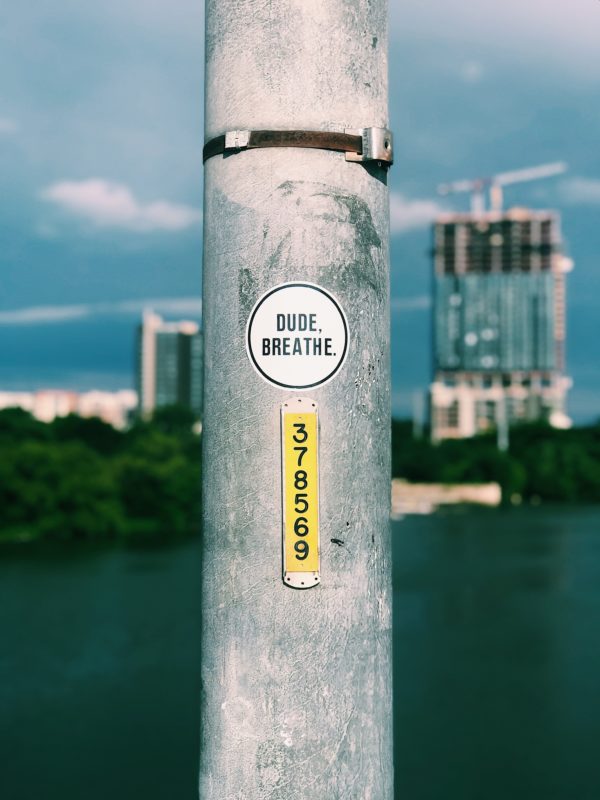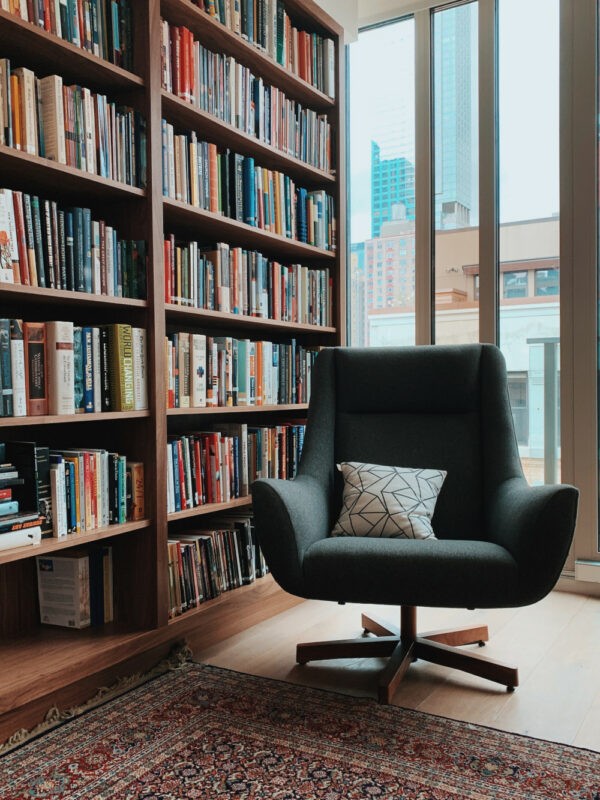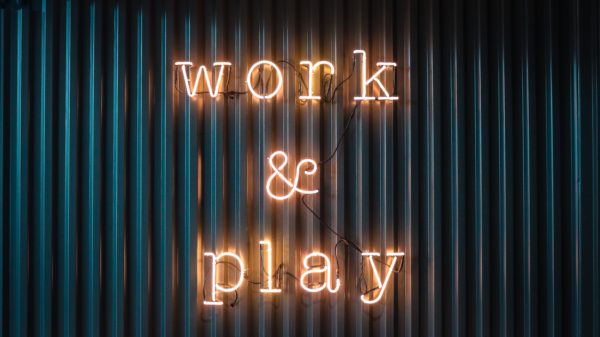Never let a crisis go to waste is a wise saying. The crux is to realize it early enough and start embracing the insecurity right away.
Understanding Body Reactions
It sounds easier than it is done. Our brains cannot process the huge amount of daily information input and complexity in a crisis like Covid as Steven Kotler points out in the podcast episode of Mindvalley. He goes on by explaining, that our brains evolved local and linear. The opposite happens now. Many parts of our lives are globally and based on exponential growth. But our brains cannot handle such situations. This produces massive amounts of uncertainty and anxiety.
Our biological system directed by our brains is primed to protect us by avoiding stressful situations. Imagine leaving your cave for hunting some ten thousand years ago. Taking care of yourself and not to be eaten by a sabre-toothed tiger had priority. Our sympathetic nervous system was on alert and our limbic system produced a ton of neurochemicals such as cortisol, norepinephrine and noradrenaline. A fight- or flight situation could have arisen at any time. We were well prepared for that. Returning to the safe place reduced the neurochemical mix in our bodies because the danger had been gone completely.
“We didn’t evolve to deal with a probabilistic danger. What’s a probabilistic danger? Oh my god, the economy might nosedive, and I might lose my job.”
Steven Kotler
Same Reactions To Different Circumstances
The problem with a crisis (not only about Covid but a lifestyle-related crisis as well) is that you could find yourself in an ongoing stressful situation where your body is producing these neurochemicals constantly. The fact that these stressors are not completely removed from our bodies because the frightening situation is still there, prevents us from coming down in a balanced state of mind. This has bad implications for our bodies and can lead to a very narrowed field of vision and thinking.
The brain wants to take the most efficient and easiest way of going forward. Kotler states, “You cannot access solution-thinking” which means that your ability to process information is limited massively. The same could happen in a normal conversation when you are exposed to an opposing opinion to your values and beliefs. This situation challenges your way of thinking. And it could lead to undesired outcomes if the information is too complex or overwhelming to be carefully processed. This leads to either discarding the opinion completely and not giving it a chance to learn from it and gain a new perspective. Or it creates a sort of anxiety which in turn triggers the above-described response.
Be Conscious
It is crucial to understand that our bodies function in the same way as they did thousands of years ago. But the surroundings and our lifestyle and threats (and opportunities too to stay positive) have changed massively. We have the possibility to take account for that in our daily lives to manage stressful, complex and overwhelming situations better. Our ability to learn could improve if we take advantage of the risen awareness. And it could also help to understand, that it might be more helpful to concentrate on things we can control (e.g. our attitude, emotions, reactions) and dance with uncertainty and fear. Stoicism could help here.
So, two of my takeaways from the current time are the improvement of my self-awareness and understanding the importance of breathing.
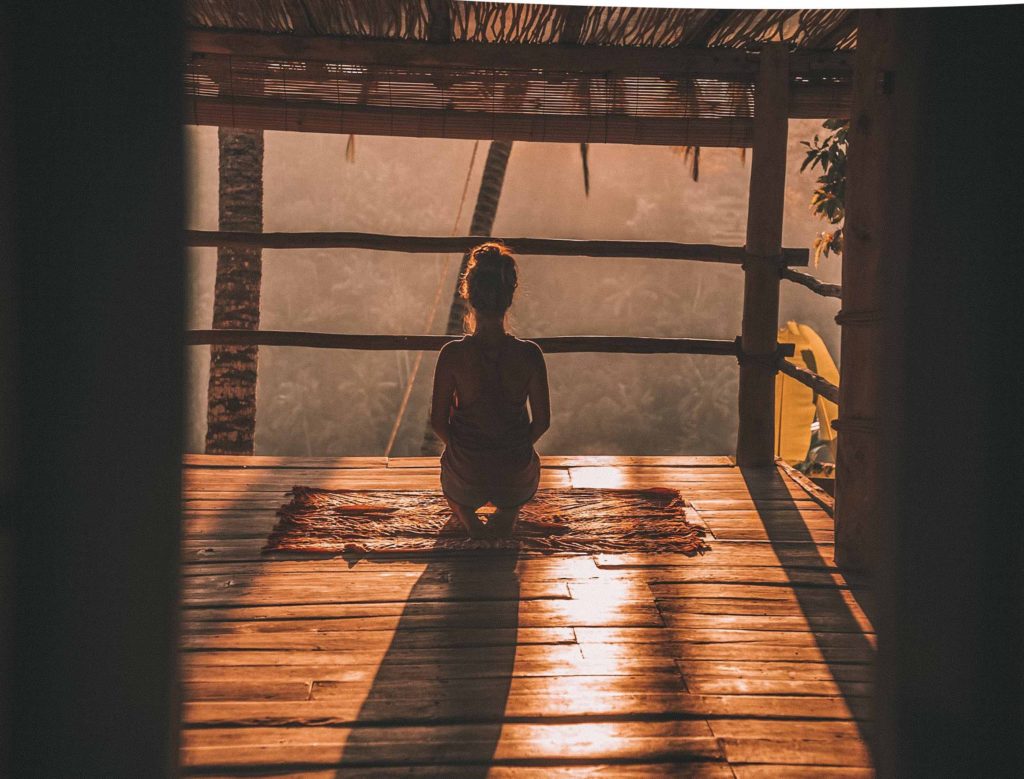
Self-Awareness Is A Tricky One
Most people will claim that they are self-aware. Naturally, we know ourselves best. That might be true but if we were radically honest, we then would have to admit that in certain situations we are far from self-aware. We are more like “That’s how I do things here and have always done so!”. It feels much safer to follow the known paths. We often neglect the fact that we are not questioning ourselves and take the way we behave or do things in the right way. I am not saying that we must question every action in our life. Far from that. But from time to time it is good to challenge our behaviour or way of thinking with a new perspective.
Being self-aware also means for me to listen to my body’s signals. Our bodies are constantly communicating with us, but we often lose the sensitive connection to it and overlook the signals. The little headache from time to time or the stiff neck is not just there. Our bodies try to say something important to us. When we take more care about the small signals then healing and wellbeing is shifted to a much better level. That brings me to my other major learning: breathing.
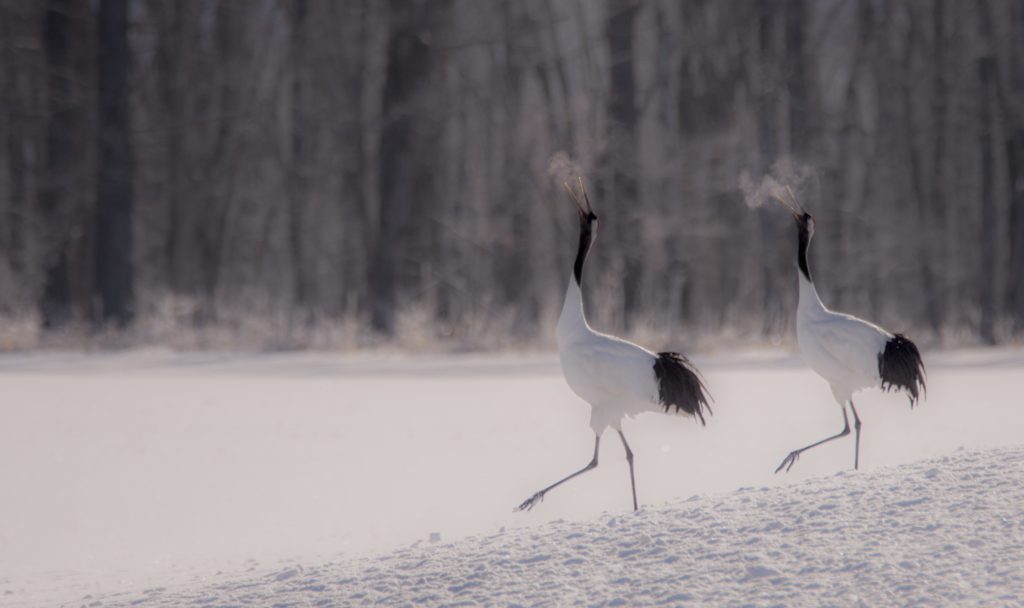
It All Starts With Breathing.
Of course, it does. Everybody knows it. But when was the last time you did specific breathwork? Just sitting, being (i.e. practising stillness like Ido Portal does on this picture) and experiencing your breath. Everybody who practices meditation knows that breathing is the central part. So, the next time you face a challenge, pause a second, take a deep breath in followed by an even longer breath out. Repeat and feel. You can also try the 4-7-8 breathing technique from Dr Weil. It is also very useful in stressful situations like fear of flying. Just breathe. And breathe again fully filling the lungs, moving your diaphragm downwards and deep into your belly.
If you want to take your breathing exercises to a whole new level you might consider the works of Brian MacKenzie, James Nestor, Patrick McKeown and Wim Hof, to name a few. Or check this blog post out. Breathe again and look at baby cat photos if you like.

I wish you all the best in the meantime and don’t forget: just start with breathing instead of freaking out.
Blog post picture by CDC on Unsplash.
This historic image depicts a quarantine card, which would be used to notify people not to enter or leave a house that had been quarantined due to the presence of a contagious disease. This warning was under the auspices of the Director of Health, of the San Antonio Metropolitan Health District.

